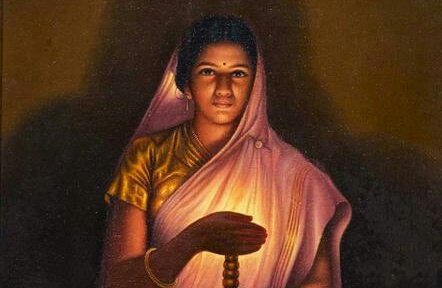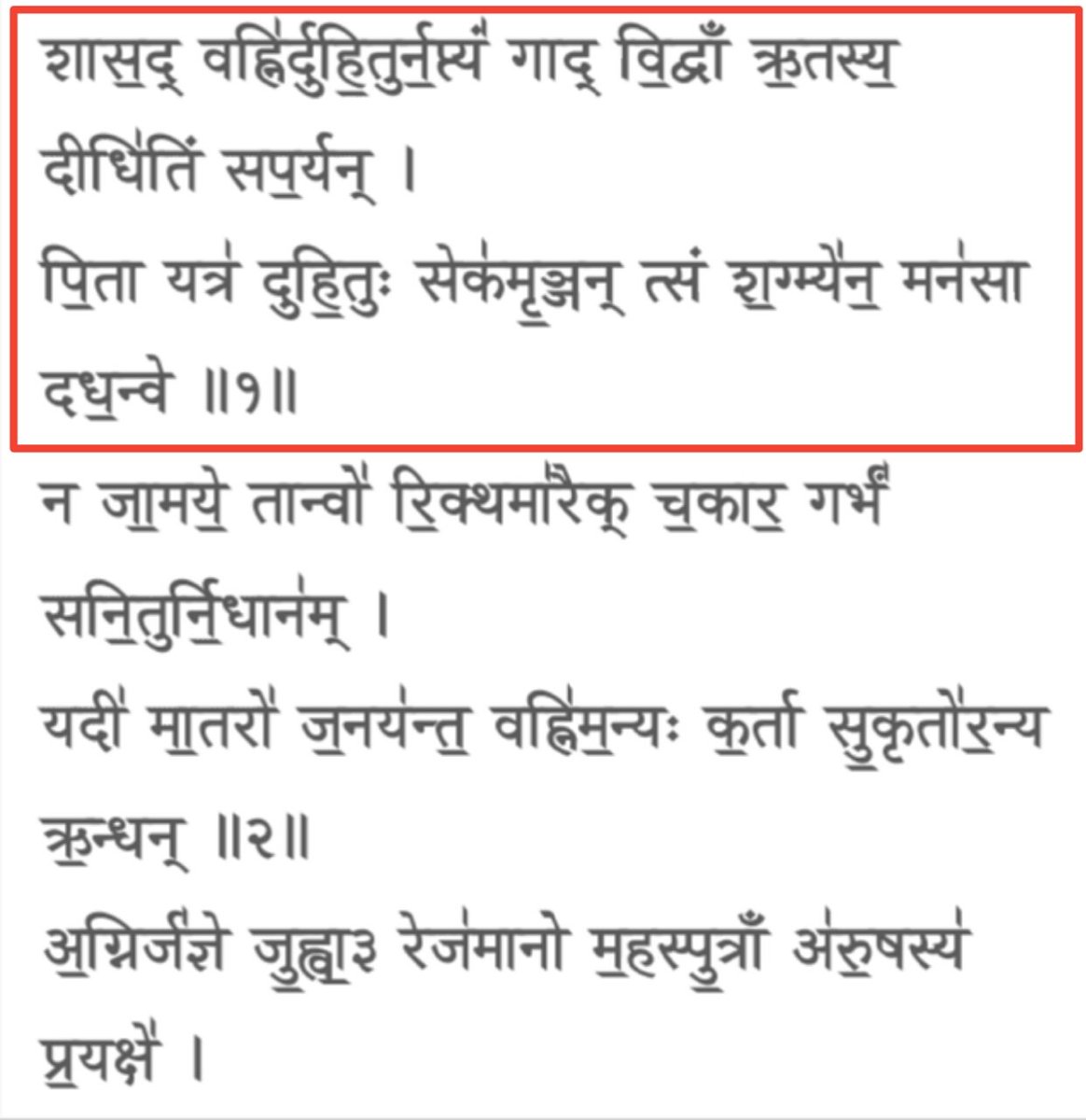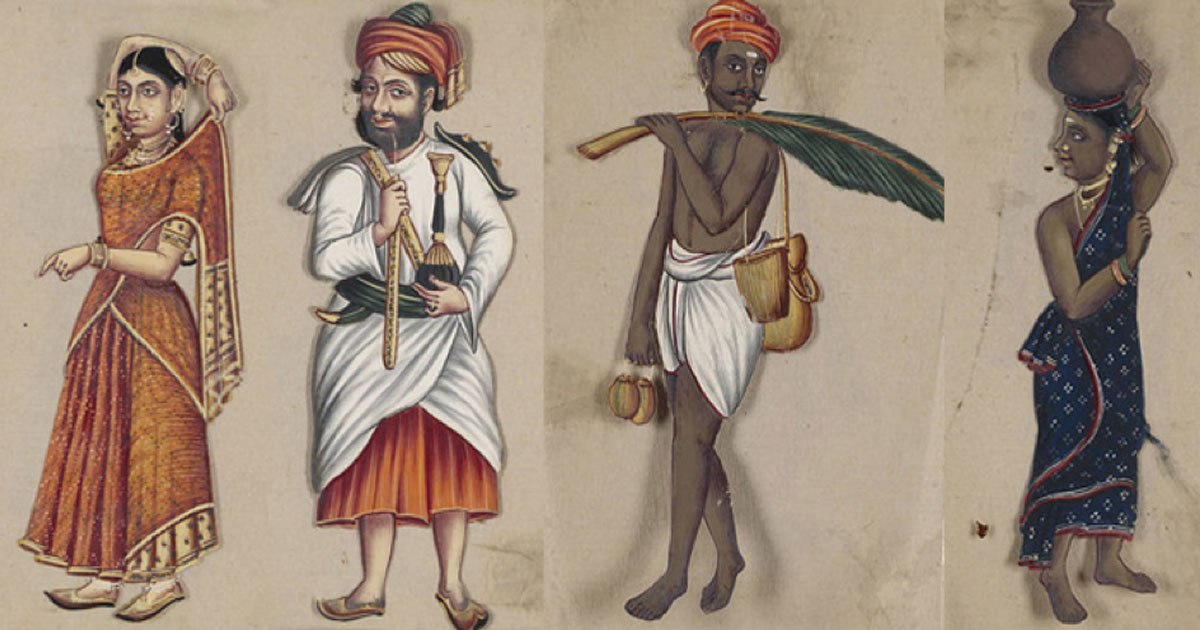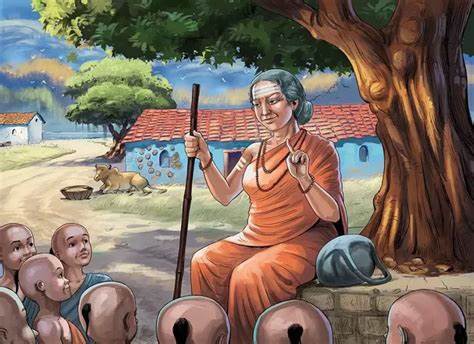न जामये तान्वो रिक्थमारैक्चकार गर्भं सनितुर्निधानम्। यदी मातरो जनयन्त वह्निमन्यः कर्ता सुकृतोरन्य ऋन्धन्॥
अमाजूरिव पित्रोः सचा सती समानादा सदसस्त्वामिये भगम्। कृधि प्रकेतमुप मास्या भर दद्धि भागं तन्वो३ येन मामहः॥
महर्षि मनु is the first Lawgiver to have ordained that son and daughter enjoy an equal status in the family. He has also given this concept a constitutional validity.
तस्यां आत्मनि तिष्ठन्त्यां कथं अन्यो धनं हरेत् ॥
Manusmriti 9/130
The son is as one’s own self, and the daughter is equal to the son; hence so long as she is there in her own real character, how can anyone else take his property?
दौहित्र एव च हरेदपुत्रस्याखिलं धनम् ॥
Manusmriti 9/131
Whatever may be the separate property of the mother is the share of the unmarried daughter alone; and the daughter’s son shall inherit the entire property of the man who has no son.
Manu regards both the son and the daughter as equal heirs toparental property. This opinion finds a mention in the Manusmriti.
Manusmriti 9/192
When the mother has died, all the uterine brothers and uterine sisters shall divide the mother’s property equally.
मातामह्या धनात्किं चित्प्रदेयं प्रीतिपूर्वकम् ॥
Manusmriti 9/193
Even to the daughters of those daughters something shall be lovingly given, as is quite proper, out of the property of their maternal grandmother.
Moment of all my threads:







